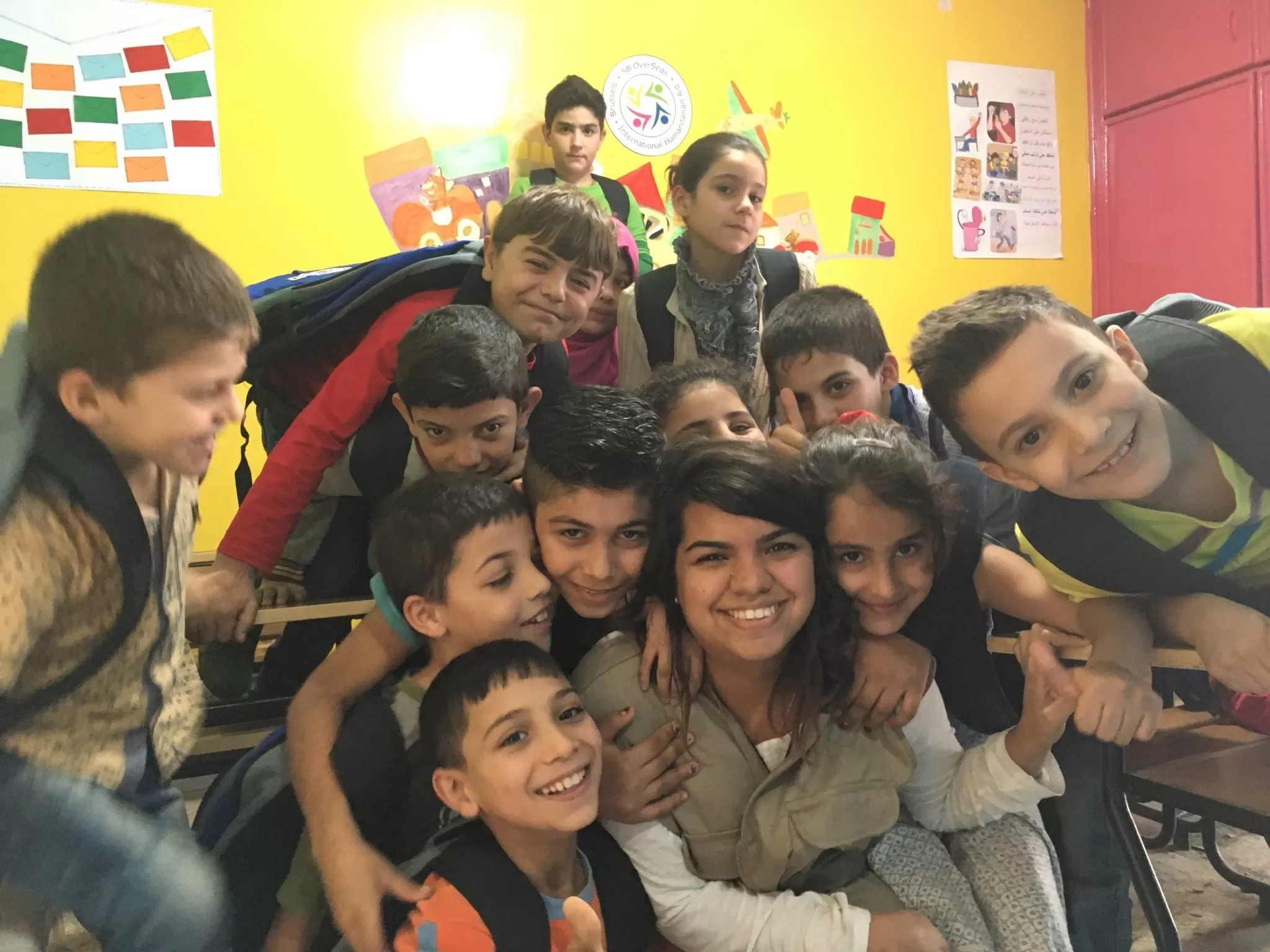My experience as a teacher at Bukra Ahla can be described in three words: challenging, exciting and full of new insights.
During my time as a teacher, I had to learn the basics of informal teaching and how my dedication and effort was going to be a big part of achieving the overall objective: teaching these kids a new language while also taking into account their wellbeing and human development. It is not news what these kids have faced during their growth: instable situations, having to flee a place they called home because of a conflict they can barely understand, while at the same time coping with making a life in a new environment, where the learning of a new language like English could open more doors to their education and therefore to their future. I didn’t doubt at any moment that the whole team at the center were aware of this situation and were putting everything into working towards our goals every day.
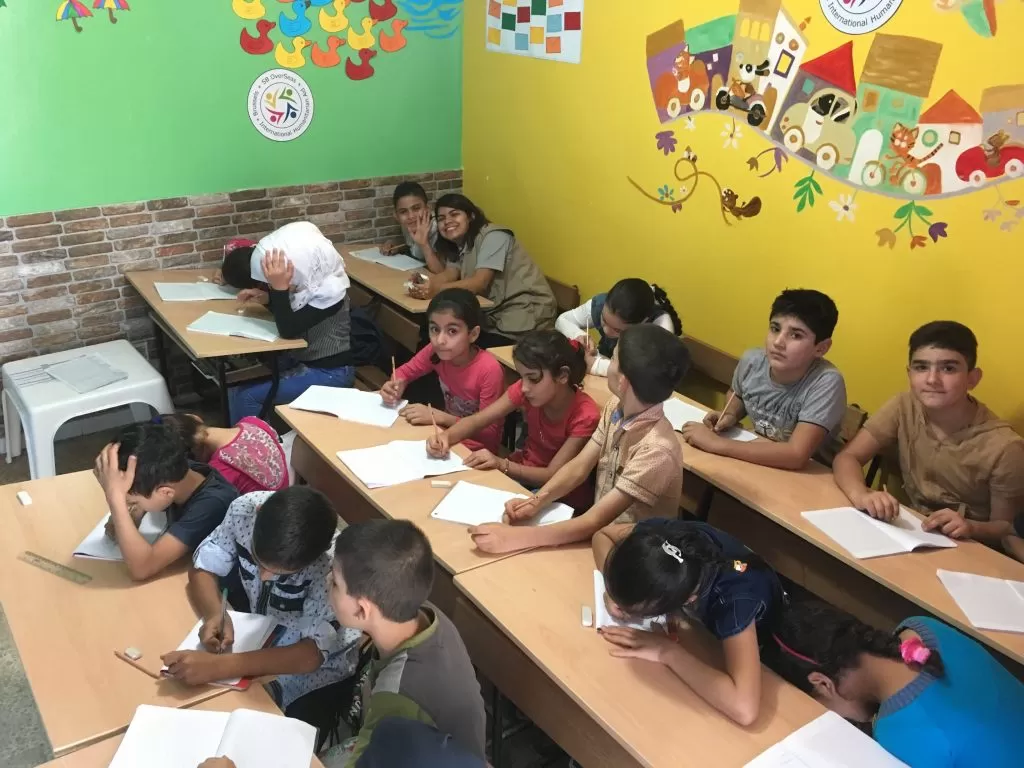
During my first week at the centre I learned the importance of education to humanitarian action in situations of crisis and the importance of keeping children protected at all times during these situations. This was also an interesting experience, as we learned how humanitarian action works and in which part of the collaboration chain we were alongside other organizations.
Throughout my experience, communication was a big challenge. Arabic is one of the main languages in Lebanon, with English becoming more of an important asset also. Therefore, teaching the refugees English was of utmost importance for them to be able to communicate and continue integrating into the Lebanese community. Communication was also an important element during the program, we had to find a way to communicate with the kids even though we didn’t know how to speak any Arabic, so a lot of the communication was done through body language and mutual understanding. Our team took Arabic classes in order to develop a bridge of communication with the kids in the classroom and the staff in the center, words like “marhaba” (hello), “shukran” (thank you) and ”yalla!” (let’s go!) became part of our daily vocabulary, alongside other Arabic expressions used by teachers in class to maintain the academic environment. Although it was focused on those situations, our study of the language was not limited to that context, we learned the alphabet, numbers, sentences, writing and pronunciation, which for me was one of the most difficult parts of the language.
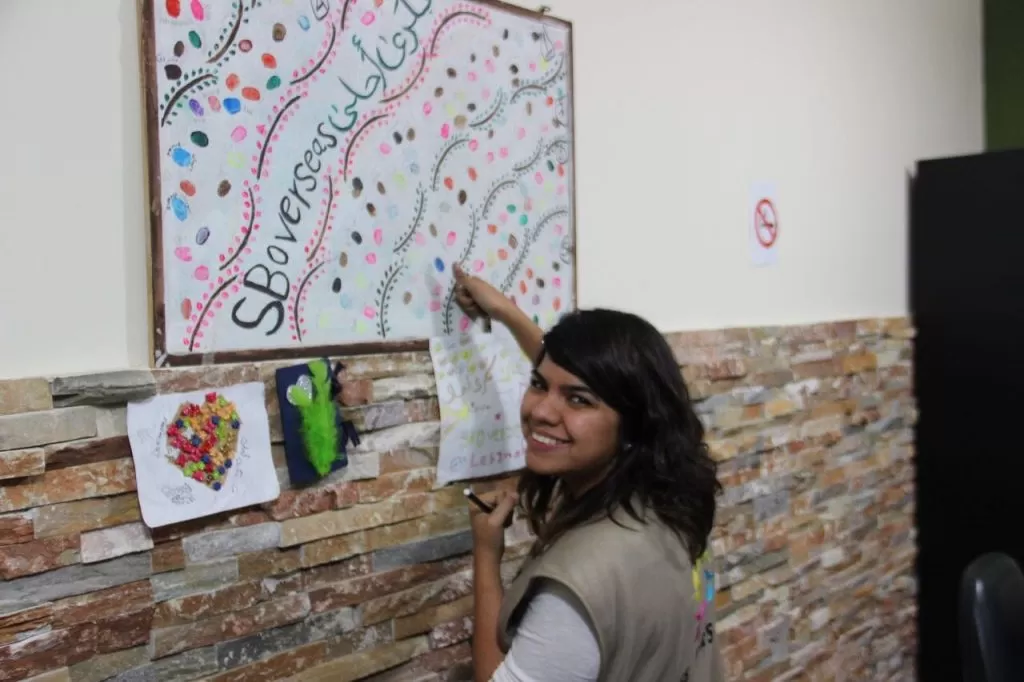
Being a teacher is something I would definitely do again, it has taught me a lot about myself, but also taught me to work with and for others. Education is a very important asset in the development of a child, in situations of conflict and resettlement even more so. I also learned the importance of children having someone to look up to. As I wrote above, good communication skills were a big element throughout the development of the program, and I would consider them one of the greatest things I got out of the experience. It is interesting that you find mutual understanding between several cultures without the ability to speak the same verbal language, you learn that there is a level of communication that goes beyond these boundaries. I think this is one of the most enriching factors of working with kids, they are open to a world of possibilities and a thousand ways to make their lives better, not only for themselves but for their family and the people who are around them. In my experience as their teacher, I could find myself getting excited every time they achieved something and getting frustrated when they couldn’t grasp what it was I was trying to teach them, this would lead me to try to find different ways to approach the teaching, and they were humble enough to try with me also. The mutual understanding that I was their teacher but at the same time their student was one of the most enriching components about the learning of this experience. I felt challenged every time I made an activity and then found it didn’t give the results I was expecting, but I also enjoyed challenging the kids and discovering with them their own potential for learning and accomplishing things on their own.
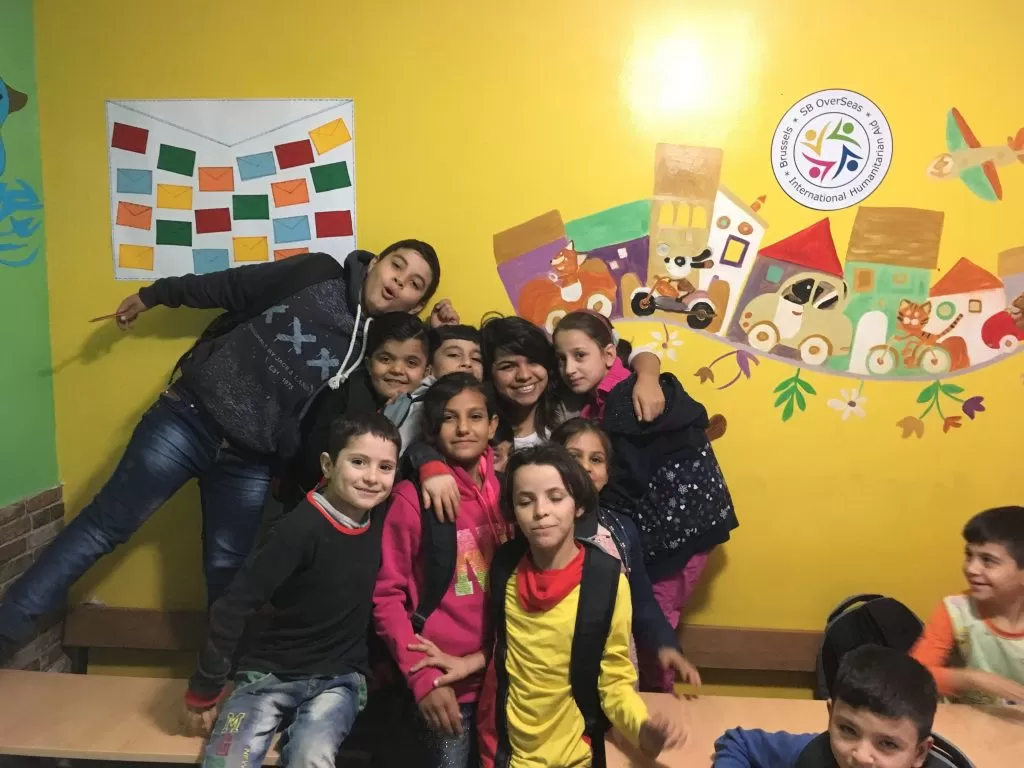
As part of an NGO that works towards humanitarian action, empowerment and education I found that teamwork, collaboration and resilience were traits necessary to helping us achieve our goals every day. You learn that, no matter what, the goal must be achieved and done with dedication and passion. Each day was different, filled with different challenges and situations, such as water not coming to our center (we were working near Shatila Camp) and electricity briefly switching on and off two times a day.
The education we provide to the refugee children plays a crucial role in their development, especially given their circumstances, having left their hometown and begun adapting to a new place with different culture, language and manners. The work is therefore not only focused on teaching them new languages or keeping up with their school curricula, but also on their rehabilitation as children and reminding them of the importance of developing and making their world better.
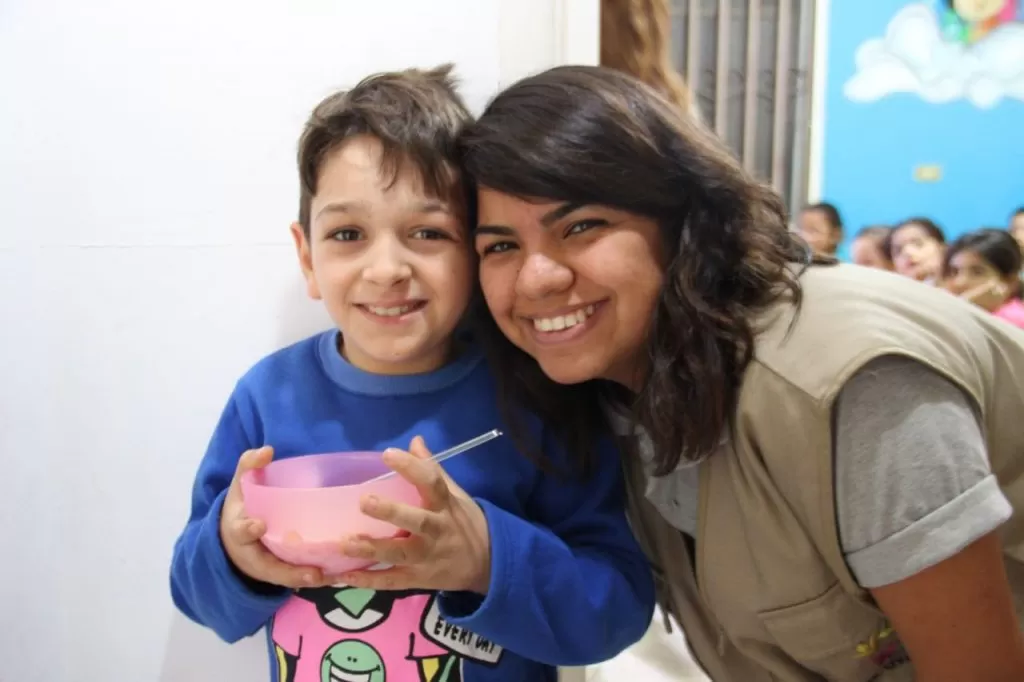
I would describe the overall experience as something very humbling and humane. The experience of teaching is something I think everyone should try at least once in their life, to better connect with the world around us. We live in a world full of varying opinions and ideals, and through this kind of involvement one can sensitize to different perspectives, visions and ideas that improve our empathy and open our eyes to the actions needed to make this world a better place for all to live in.
Author: Lady Huerta Hernandez

